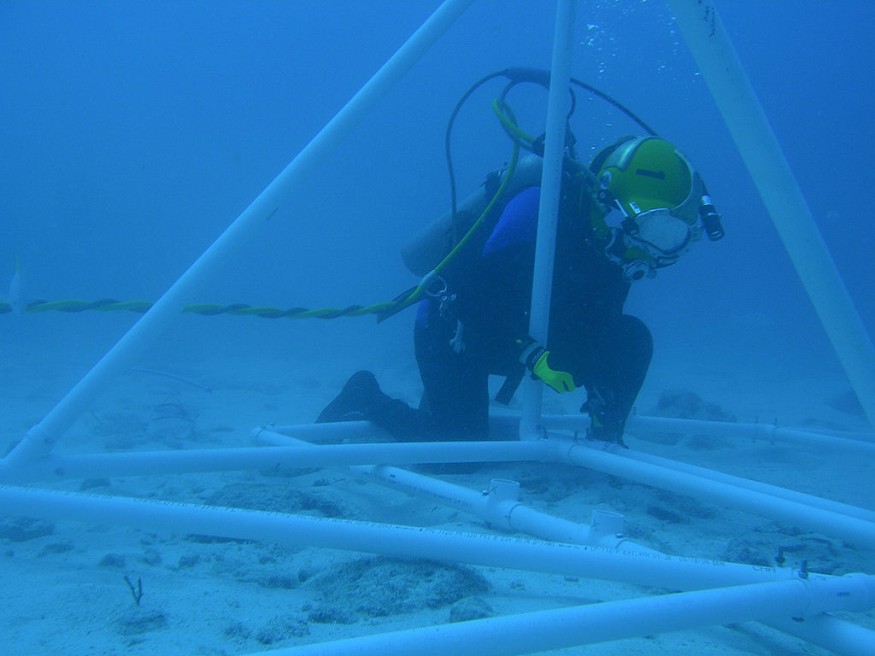Florida professor Joseph Dituri broke the world record for the longest time living underwater, with almost three months inside a secured bunker-like shelter or laboratory in a lagoon off Key Largo, Florida.
The feat is being conducted "in the name of science" by living with marine animals and ecosystems, as well as testing the capability of the human body in terms of sleep or to withstand underwater pressure.
Research shows that pressure increases in the deeper parts of the ocean and such force could make a person struggle to breathe as it can damage the lungs and rib cage.
This is because as one diverts away from the Earth's surface, the weight above them also increases, which can lessen the space available for air and compresses it inside the lungs.
Florida Professor Living Underwater

Dituri has been living 30 feet underwater for 80 days as of Friday, May 19, surpassing the previous record of 73 days conducted by two Tennessee-based educators back in 2014, the National Public Radio (NPR) reported.
In 2014, the Tennessee professors Bruce Cantrell and Jessica Fain also lived underwater on the same location. However, Dituri was not only settling to beat the previous record, since he plans to stay until June 9 this year, where he will reach 100 days as part of an underwater mission called Project Neptune 100, The Guardian reported.
The aquanaut wrote on Instagram that his curiosity for discovery led him to undertake the challenging task, with a goal of inspiring the next generations to come and scientists who study undersea life, as well as test human body functions in extreme environments.
Testing the Human Body
During a CNN interview, Dituri, which calls himself Dr. Deep Sea, said that the experiment also serves as a test case for the upcoming missions to Mars. In particular, the confinement of a human in a sealed environment is being test if whether it can be withstood by humans for a prolonged period.
Inside the underwater water, the Florida scientist said he is at a pressure of 25,000 square inch but did not mention any signs of any health complications. In fact, the scientist told CNN that he had a better sleep in the current marine environment, which he acknowledged of having an abundance of oxygen.
Important of the Experiment
While the experiment mainly addresses unanswered questions regarding humans and underwater pressure, it also highlights why marine life and ecosystems thrive in extreme undersea environments, where pressure can be off the charts.
In March 2012, the extreme end of the human body when it comes to underwater pressure was tested by Hollywood film-maker James Cameron when he ventured into the Pacific Ocean's Mariana Trench, the deepest part of the ocean at a depth of approximately 11,000 meters (36,000 feet).
In the trench, Cameron and his expedition team also saw weird sea creatures even in areas of the ocean where sunlight cannot reach.
Related Article : Who is Luca? Meet Our Oldest Ancestor that Lived in Underwater Volcanoes
© 2025 NatureWorldNews.com All rights reserved. Do not reproduce without permission.





